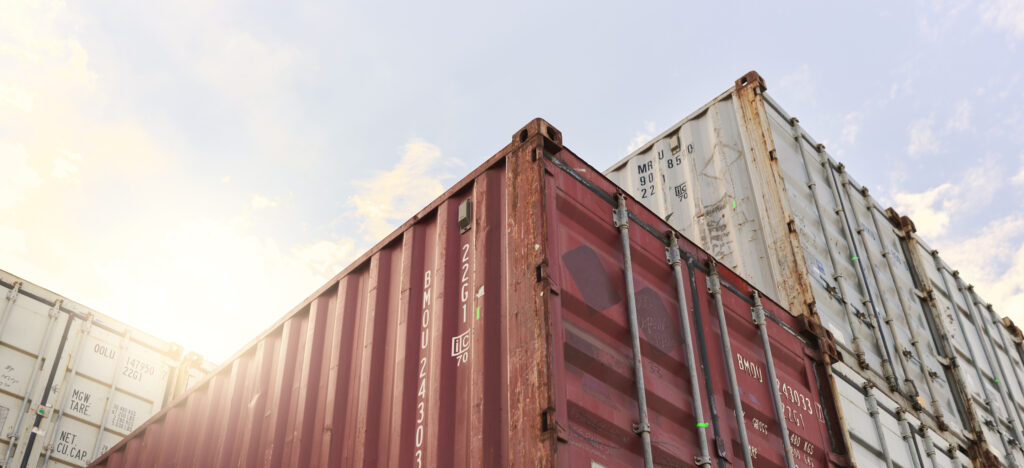The Impact of Tariffs on International Trade and How Nearshoring in Mexico and Japan Creates New Business Opportunities.
What Is a Tariff?
A tariff is a tax or duty imposed by a country on goods imported from another country. This mechanism aims to protect domestic industries from foreign competition, generate government revenue, or regulate foreign trade. Tariffs are one of the most common tools in international trade policy, directly influencing the competitiveness of imported products and the trade balance of the countries involved.
The amount of tariffs can vary depending on the type of product, its origin, and the trade policies in place between countries. These taxes can be ad valorem, calculated as a percentage of the imported goods’ value, or specific, set as a fixed fee per unit of product.

Tariffs in Trade Relations Between Mexico and the United States
Trade relations between Mexico, the United States, and Ecuador have experienced various fluctuations in recent years due to the imposition of tariffs and trade negotiations that have influenced the global economy. Below, we explore how these three countries have managed tariffs and duties in international trade.
Mexico and the United States are two of the main trading partners in North America, and their commercial relationship is primarily governed by the United States-Mexico-Canada Agreement (USMCA), signed in 2019. This agreement replaced the North American Free Trade Agreement (NAFTA) and renegotiated many aspects of trade between the three countries, particularly in areas such as tariffs and market access.
One of the key highlights of the USMCA is the elimination of tariffs on products that were previously taxed under NAFTA, such as certain agricultural goods, automobiles, and electronic products. However, the agreement also introduces new tariffs in specific sectors, such as the steel industry, as an effort to protect U.S. producers from lower-priced imports from other countries.
Recently, the United States has considered imposing additional tariffs on products such as steel and aluminum, impacting Mexico’s exports. These tariffs are part of the U.S. president’s “America First” policy, which aims to reduce the country’s trade deficit and protect domestic industries. In response, Mexico has sought to diversify its exports and lessen its dependence on U.S. markets by promoting trade agreements with other nations.
A Strategic Alternative in Mexico and Japan
Amid tariff volatility and global trade tensions, nearshoring has emerged as a viable solution for companies seeking to reduce costs, minimize risks, and optimize supply chains. Both Mexico and Japan have positioned themselves as strategic destinations for relocating operations, offering competitive advantages for investors and businesses.
Mexico boasts a privileged location, favorable trade agreements, and a skilled workforce, making it an ideal hub for manufacturing and exporting to the United States and other markets. Japan, on the other hand, is a leader in technology, innovation, and quality, providing an optimal environment for businesses looking to expand in Asia and leverage its advanced infrastructure.
Investing in nearshoring in Mexico or Japan allows companies to adapt to the evolving conditions of international trade, avoid additional tariff costs, and strengthen their operations with unique strategic advantages.
Tariffs remain a powerful tool in international trade, directly impacting commercial relationships and the competitiveness of the countries involved. In the case of Mexico, the United States, and Ecuador, these tariffs not only influence each nation’s economy but also reflect geopolitical tensions and trade strategies adopted by their governments. As these countries move towards more open and collaborative trade agreements, maintaining a balance between protecting local economies and optimizing free trade policies will be crucial to ensuring success in an increasingly competitive global market.
Get in touch with us today to find out how we can help you with your development in Mexico or Japan.
